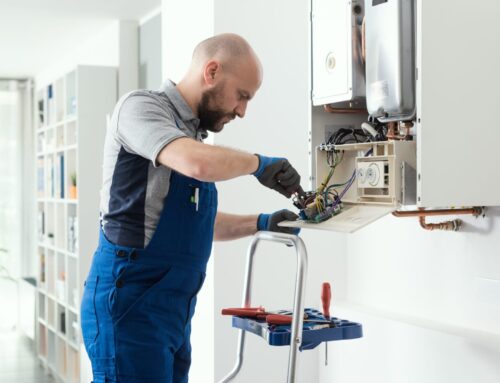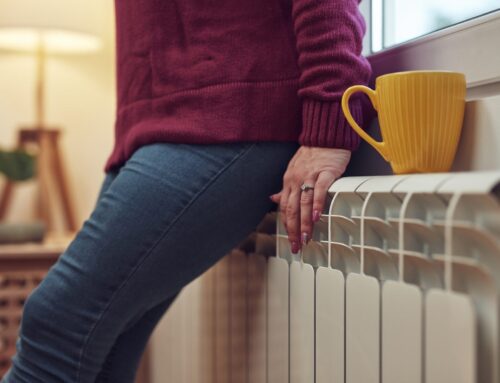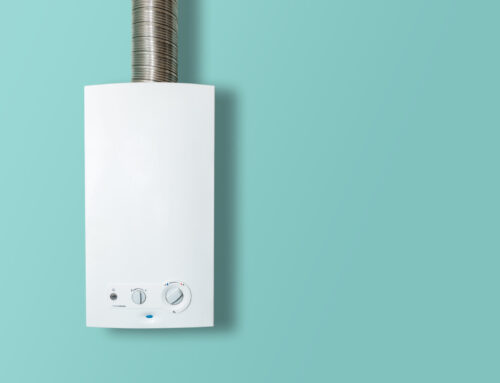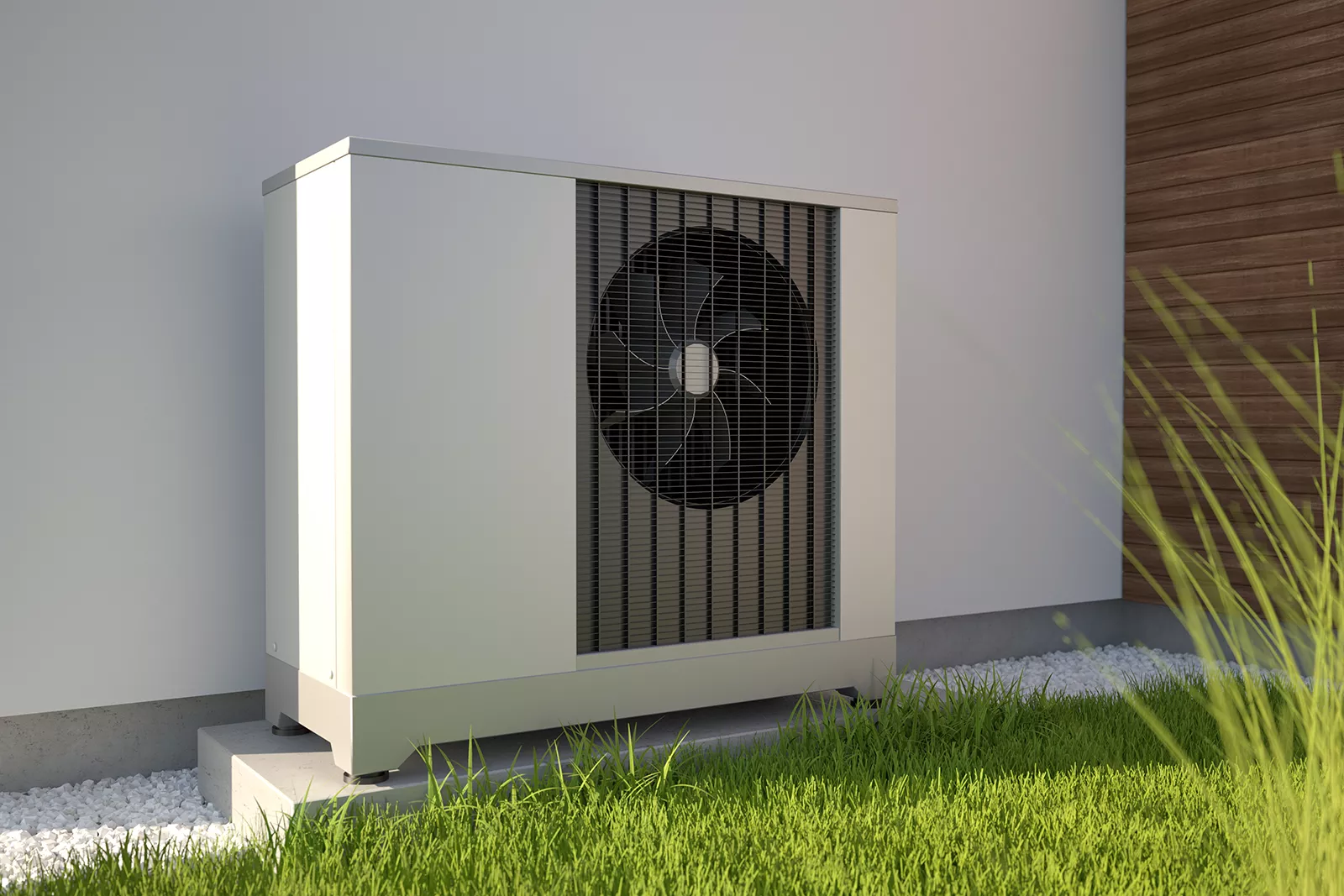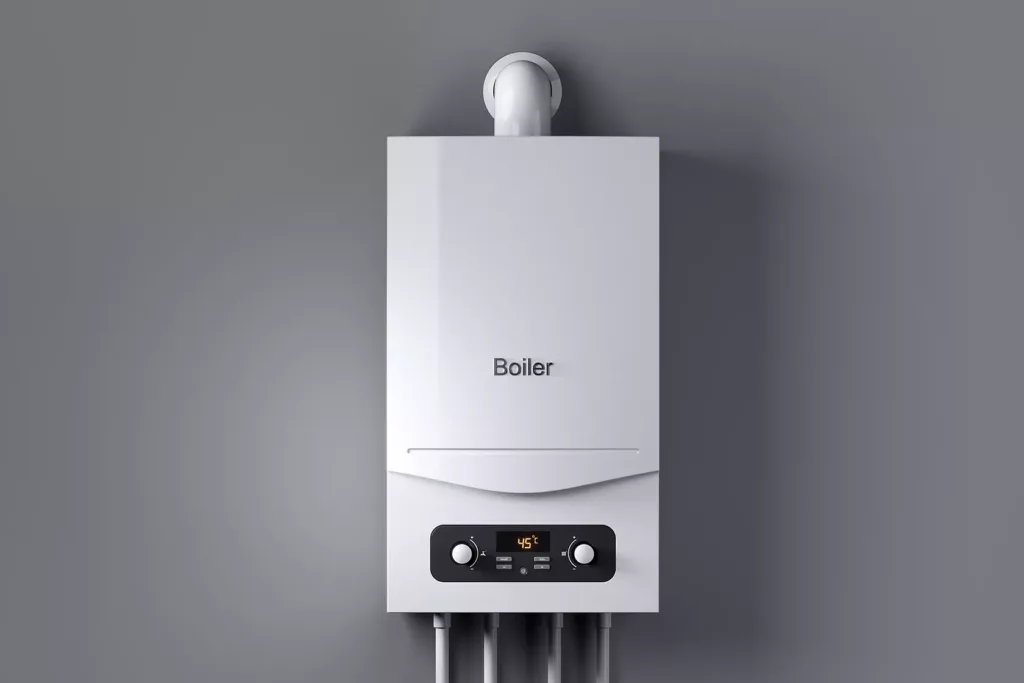
A broken boiler is one of the most disruptive and traumatic things that can go wrong in the home. It has a huge effect on how the home functions and can be upsetting for the wellbeing of the whole family. You can guard against this disruption by having your boiler serviced regularly, and by having an emergency boiler repair professional handy, such as Emergency Cover. This way you will always be able to react when something goes wrong and can minimise the disruption.
You would never be advised to attempt a boiler repair yourself. It is dangerous and potentially costly to do so and can invalidate a warranty agreement or an insurance policy. But it is helpful to have a basic understanding of your boiler and how it works, so you can help to diagnose a problem and establish whether you are facing an emergency situation or not.
Here we have put together a list of some of the most common causes of a boiler breakdown, to help you broaden your knowledge:
- No power – If you have no heating or hot water it can be caused by many different things, and we will look at all these individually, but the first thing to check is whether you have electrical power to your boiler. If there has been a power cut you should be able to see this via other appliances in the home. You can also check your fuse box to see if the power for your boiler has tripped.
- Pilot light problems – Older boilers have a pilot light which is used to ignite the burners, which of course is an essential element of the boiler design. Newer models are lit electronically, but older boilers need this pilot light to always be on. You should have a strong blue flame at all times, but if it is weak and yellow/orange in colour or keeps going out, you may have a faulty thermocouple or dust and dirt may be interfering with your gas supply to the pilot light.
- Strange noises – Boilers can be quite noisy. You will hear them when they fire up, but this is pretty normal. Older boilers get noisier and if there is a blockage or the boiler has a build-up of dust or dirt, the boiler will be straining and working harder, so will be noisier. However, if you hear whistling, gurgling or banging, this suggests a bigger problem. There could be air in the system, a faulty pump or low pressure in the system.
- Low pressure – Your boiler should have a pressure gauge on the front that is readable. An ideal pressure is 1.5 bar, but if the gauge is below one you may have a leak in the system, or if you have recently bled your radiators the air in the system may not be circulating properly.
- Frozen pipes – This is usually only a problem in winter for obvious reasons, but most systems have an external pipe which carries condensate to drain. If this freezes up it blocks the pipe and the condensate backs up and goes back into the system. This will cause the system to break down. Fortunately, un-freezing the pipe is quite easily dealt with.
- Faulty radiators – Your central heating system is likely to be quite an extensive design of pipework and valves, and it is quite easy for air pockets to develop, and for dirt and sludge to build-up over time. These issues can mean your radiators aren’t as effective and cold spots may appear. If you bleed your radiators, this should release these air pockets and the water will circulate more effectively.
- Thermostat issues – The thermostat is the dial that talks to the boiler and adjusts the temperature according to your needs. It is usually wall-mounted close to the boiler and modern smart systems can be controlled remotely when you are out. However, as with anything electrical or using digital communications, there can be problems with signals or power, so check the electrical supply, or the battery power. Are there obstructions that could be stopping the thermostat communicating with the boiler? The problem may be that the timer settings are wrong or that the clocks have gone backwards/forwards and you haven’t adjusted the thermostat accordingly.
- Water leaks – This can be a very damaging issue with a boiler and is often a slow issue that is not detectable until it’s too late. This is usually caused by a faulty component, such as a pressure valve or a pump seal or corrosion in pipework.
- Component failure – There are a number of separate components in a typical boiler and given how much work they get through, and how we expect them to be consistent and reliable 24/7/365, it is not surprising that they sometimes fail. Common component failures include faulty motorised valves, system diaphragms, the fan or the thermostat.
In all these cases you should arrange for a Gas Safe-accredited engineer to attend to the issue.
Contact Emergency Cover today for fast and reliable emergency boiler repairs, and make sure your family is safe, warm and comfortable and has complete peace of mind.
